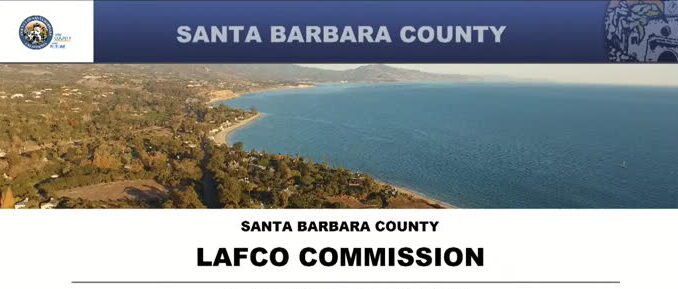
LAFCO, or the Local Agency Formation Commission, is an organization responsible for overseeing the boundaries of cities and special districts in California. While it was created with the intention of promoting orderly growth and preventing urban sprawl, critics argue that LAFCO’s policies often overreach and can have negative impacts on small communities.
The Downside of LAFCO
One issue that has arisen with LAFCO’s policies is the restriction of land-use options for communities, particularly in regard to primary agricultural land. When LAFCO designates land as “agricultural,” it limits the types of land uses allowed on that property, potentially resulting in primary agriculture being the only viable use for the land. This can require the use of pesticides or other potentially harmful substances in order to maintain agricultural production, which can have negative health impacts on nearby communities.
The application of chemical substances to protect crops in farming has been associated with respiratory complications, epidermal discomforts, cognitive disturbances, and occasionally malignancy. This poses an alarming threat, especially among populations situated near farmlands like educational institutions or residential regions where the vulnerability towards pesticides is higher. Nevertheless, LAFCO’s regulations have constrained small communities from managing expansion and progress while ensuring their inhabitants are not exposed to possible health hazards.
Restrictive Controls Hurt Local Communities
In addition to the restrictions on land-use options, LAFCO’s policies have also been criticized for limiting community control over growth and development. Communities have reported feeling powerless in the face of LAFCO’s decisions, and have been unable to shape their own futures in a way that is best for them.
There have been instances where LAFCO has been found at fault or harmed a community. In 2015, LAFCO in Ventura County faced criticism for its handling of a proposed development in Oxnard. The proposed expansion had the potential to have significant repercussions on agricultural land usage and possible negative implications for communities in close proximity. Despite these concerns, LAFCO approved the project, leading to community protests and legal action.
The negative impacts of LAFCO’s policies on small communities have been well documented. In a report by the Local Government Commission, it was found that LAFCO’s policies have limited community control over growth and development and have “frustrated many efforts to create more livable, vibrant, and sustainable communities.” The report recommends that LAFCO’s policies be reevaluated and revised to better serve the needs of small communities.
It is of utmost importance that LAFCO, along with other institutions, gives paramount consideration to the concerns and welfare of local communities.
Sources
- California Local Government Commission. (2013). The Role of LAFCos in Supporting Sustainable Communities. Retrieved from https://www.lgc.org/wp-content/uploads/2014/01/lafco-role-in-sustainable-communities.pdf
- Center for Biological Diversity. (2015, July 13). Oxnard Community Fights to Stop Ventura County LAFCO from Paving Over Farmland. Retrieved from https://www.biologicaldiversity.org/news/press_releases/2015/oxnard-07-13-2015.htm
- Environmental Working Group. (2019, October 7). California County Hides Glyphosate Cancer Risk from Public. Retrieved from https://www.ewg.org/release/california-county-hides-glyphosate-cancer-risk-public
